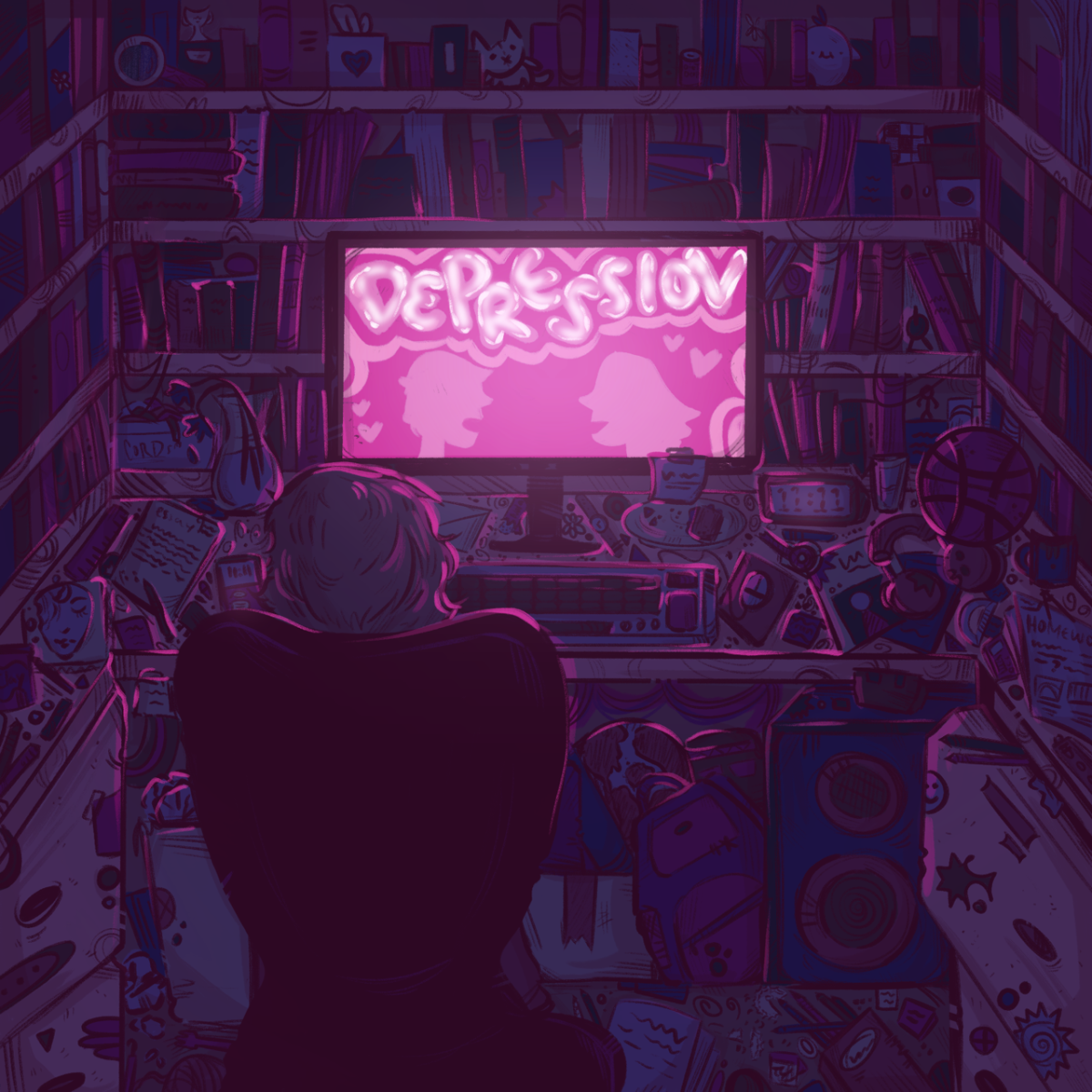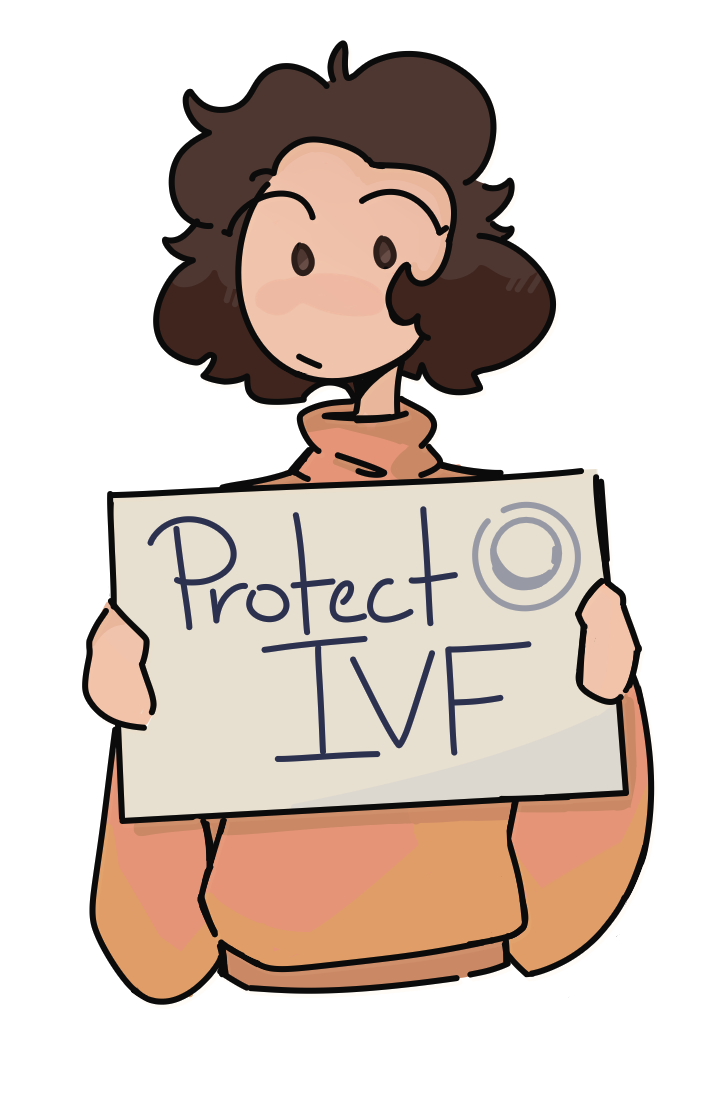Amidst the Israel-Hamas war, tensions on college campuses nationwide have soared to heightened levels as pro-Palestine and pro-Israel student groups clash with each other and with university administrations. Students and administrators alike have been accused of antisemitism and Islamophobia, and the U.S. Department of Education has opened investigations into numerous colleges.
The colossal suffering caused to people of Israeli and Palestinian heritage alike is undeniable. So is the inhumanity of murdering innocent people, regardless of their ethnicity. The history between Israel and Palestine is long, complex, and emotionally weighted for many people and the conversation around it is equally heavy. But why are colleges nationwide failing to foster dialogue around this prominent conflict?
Colleges are supposed to be the pinnacle of academic enrichment and meccas of open-minded conversation. However, a recent poll by the University of Maryland and George Washington University found that 69.2% of scholars and professors who research and teach about the Middle East feel the need to self-censor when discussing the region in an academic or professional role. Over 70% of respondents reported a heightened need for self-censorship since the Israel-Hamas war began on Oct. 7, after Hamas’s attack. Many also noted concerns about being disciplined by administration as a motivation to self-censor. Currently, some private universities have hate speech codes that place somewhat vague limits on free speech by prohibiting offensive or intimidating conduct.
Hamas’s attack and the subsequent enduring conflict should be a cause for more open conversation, not less. Every person perceives life through their own unique lens, constructed by personal experiences and background. What seems true to one person may seem incorrect to another. By listening to and processing the unique perspectives of others through respectful dialogue, we can create a complete understanding of an event for ourselves.
Time and time again, the Supreme Court has upheld the right to—and the unquestionable significance of—free speech in K–12 schools and on college campuses. “Teachers and students must always remain free to inquire, to study and to evaluate, to gain new maturity and understanding; otherwise, our civilization will stagnate and die,” former Chief Justice Earl Warren wrote in the 1957 case Sweezy vs. New Hampshire.
When dialogue in the classroom is limited, teachers, students, and democracy suffer. Removing intellectual discussion and analysis leaves room for hateful speech, emotional explosions, and misinformation. Colleges have a significant role to play not only by providing students with space to enter into respectful dialogue about current events but also by asserting the significance of this sort of discourse in the first place.
Protecting free speech necessitates acknowledging the existence of hate speech. Although this sort of expression is legal, it’s still immoral. The response to hate speech (which doesn’t include threats, violence, or harassment) is vigorous, passionate counterspeech. “We as citizens possess the power to most effectively answer hateful speech — whether through debate, protest, questioning, laughter, silence, or simply walking away,” the Foundation for Individual Rights and Expression (FIRE) writes on its website.
Hate speech is never permissible. But restricting speech through institutional or self-censorship in hopes of limiting offense doesn’t hide the reality that sometimes there’s no way to make everyone feel comfortable. Instead of focusing on appeasement, universities should teach their students to move through discomfort and advocate for themselves. Giving students space to discuss current events in an academic setting can provide a constructive outlet for tension, introduce students to new perspectives, and encourage analysis of emotions and thoughts.
Having hard conversations is just how it sounds: hard. But to create a generation of respectful, reasonable, intelligent adults, colleges need to support and encourage these uncomfortable moments. Rather than creating restrictions that please everyone, they must create a community that makes students feel safe enough to venture outside their comfort zones. That means administrations shouldn’t make their faculty feel the need to be silent. That means faculty should acknowledge events like the Israel-Hamas war instead of ignoring them. That means students should listen to each other without predetermined judgment.
Embracing free speech isn’t passive, but taking on the work of preserving it at colleges is crucial to fostering engagement, democracy, and conversation.







